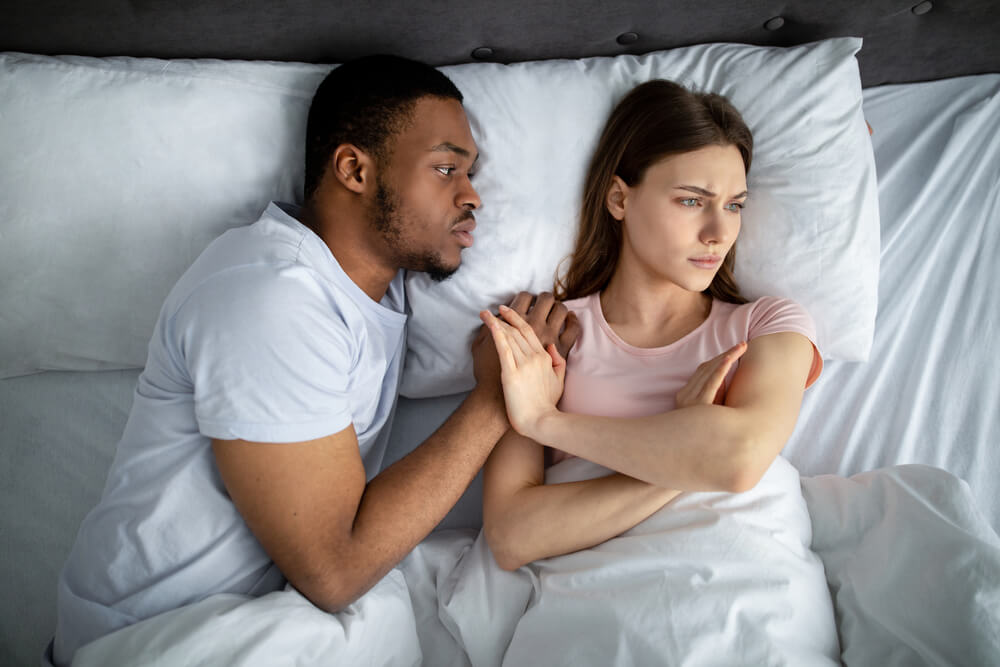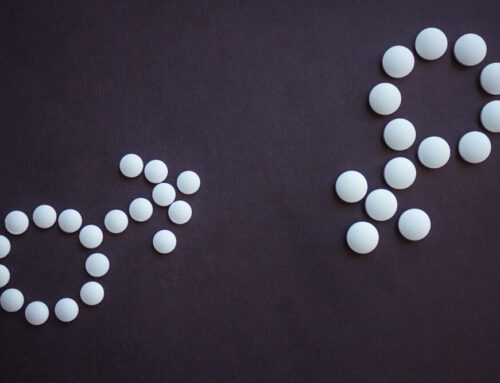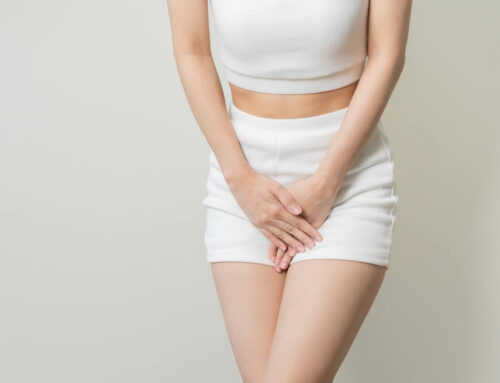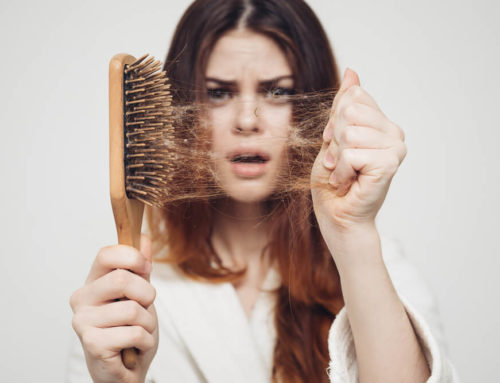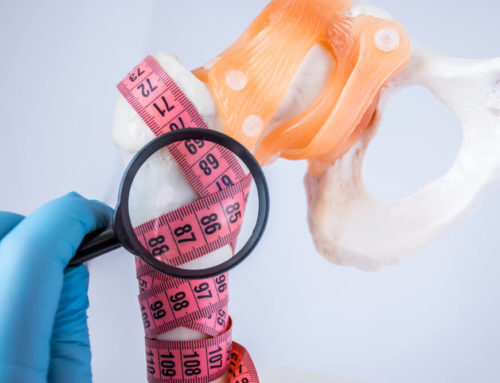Fluctuating sexual desire can happen naturally at specific points in a woman’s lifetime. Both the highs and lows can be associated with changes in romantic relationships and other major events such as menopause and pregnancy. Certain mood disorder meds can also be responsible for low sex drive in women. In that respect, low libido in women that coincides with significant life events, especially those that are stressful, doesn’t have to mean that the woman is suffering from hypoactive sexual desire disorder (HSDD). Still, if the issues with sexual arousal persist and start affecting the quality of one’s lifestyle, evaluation and treatment of sexual dysfunction may be necessary.
What Is Hypoactive Sexual Desire Disorder?
Different kinds of diminished sexual arousal and desire are often referred to as hypoactive sexual desire disorder or HSDD for short. A woman is typically diagnosed with HSDD when the lack of sexual arousal and activity is recurring and persistent, so much so that it’s also causing stress, frustration, and personal distress.
HSDD is also often diagnosed in cases when the lack of a woman’s sexual desire cannot be attributed to medical/emotional issues, use of certain meds, or other sexual disorders. The key to proper diagnosis is when this low sex drive in women persists for six months or more.
That said, it’s not so simple and straightforward to diagnose and treat hypoactive sexual desire disorder in women. What’s more, due to the nature of this condition, many women feel embarrassed and hesitant and choose not to pursue the matter or seek help. If you feel distressed and troubled because of low libido, you can fully trust doctor Fern F. TaiSenChoy-Bent, MD, and receive the treatment and support that you need.
Common HSDD symptoms are as follows:
- Complete lack of or minimal interest in participating in sexual activity
- Decrease or complete absence of sexual arousal
- Poor or no response to different types of sexual stimulation
- Inability to feel sexual desire for a minimum of six months
- High levels of frustration and personal distress due to the missing sexual desire
HSDD vs. Low Libido in Women
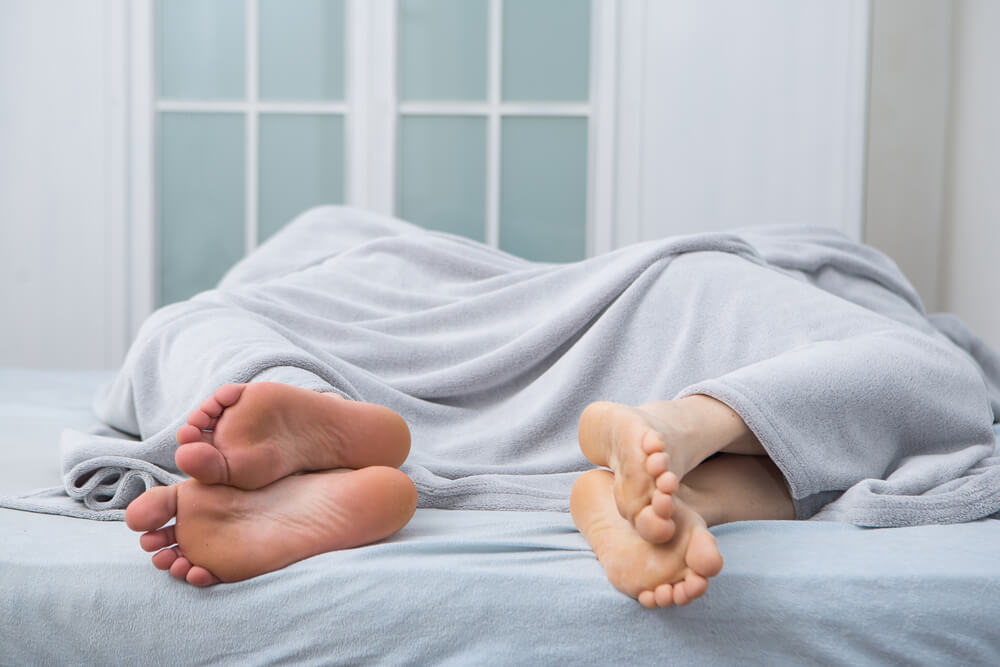
Just because women’s sexual desire may fluctuate to a lower end at some point doesn’t necessarily mean it’s HSDD. As mentioned, the latter has to include high-stress levels due to low libido. Still, there’s a clear similarity between these conditions, which is precisely why the terms low libido/sex drive and HSDD tend to be used interchangeably.
That said, low libido in women cannot be generalized. What’s normal and what’s low for one woman may be entirely different for another. Also, the interest in sex and sexual activity tends to change in “quantity” throughout one’s life. Of course, when the low sex drive in women becomes a distressing issue, a visit to the doctor can help. Several treatments could make things better. Moreover, sometimes a simple lifestyle or medication change can fix the problem.
Potential HSDD Causes
The trigger for sexual desire or the lack of one is far from simple, and it also changes during the person’s life. Many factors are involved, such as emotional satisfaction, sexual identity, arousal, etc. What’s more, certain brain functions are responsible for managing sexual desire. But apart from dopamine which typically stimulates sexual excitement, brain opioids act as inhibition systems in restricting sexual desire. It’s still not clear just how exactly these inhibitors can affect women’s sexual desire. Still, there are some factors that could increase the risk of hypoactive sexual desire disorder, such as physical issues, hormonal changes, psychological problems, and relationship issues.
Physical Issues
There are several different kinds of physical issues, including meds, that can lead to low libido in women, such as:
- Suffering from illnesses such as diabetes, arthritis, coronary artery disease, cancer, etc.
- Taking certain meds, especially those that treat high blood pressure and antidepressants
- Dealing with sexual problems like pain during intercourse
- A surgery that affected the woman’s breasts or genitals
- Poor lifestyle habits such as drinking too much alcohol, using drugs, or smoking
- Exhaustion and fatigue, especially after illness or due to caring for loved ones
Hormonal Changes
Hormonal fluctuations can also affect the woman’s sexual desire, especially during significant life events such as pregnancy and menopause.
During menopause, the estrogen levels naturally drop, which on its own makes the woman less interested in sexual activity but can also lead to vaginal dryness, which makes sexual intercourse uncomfortable in general. Of course, this is not the case for all women, but lower libido can be a part of menopause symptoms for some.
Hormonal fluctuations during pregnancy and breastfeeding can also decrease sexual desire in women. The new responsibility and pressure of motherhood, together with accompanying stress and fatigue, and even body image changes, all affect the sex drive during this time.
Psychological Problems
It’s important to understand that one’s emotional well-being and mental state can significantly affect sexual desire. In that sense, many psychological problems could end up lowering women’s sex drive, such as:
- Mental disorders such as depression and anxiety
- High levels of stress experienced daily, like money or work stress
- Issues with poor body image and low self-esteem
- Negative sexual experiences in the past
- Relationship problems such as physical and/or emotional abuse
Relationship Issues
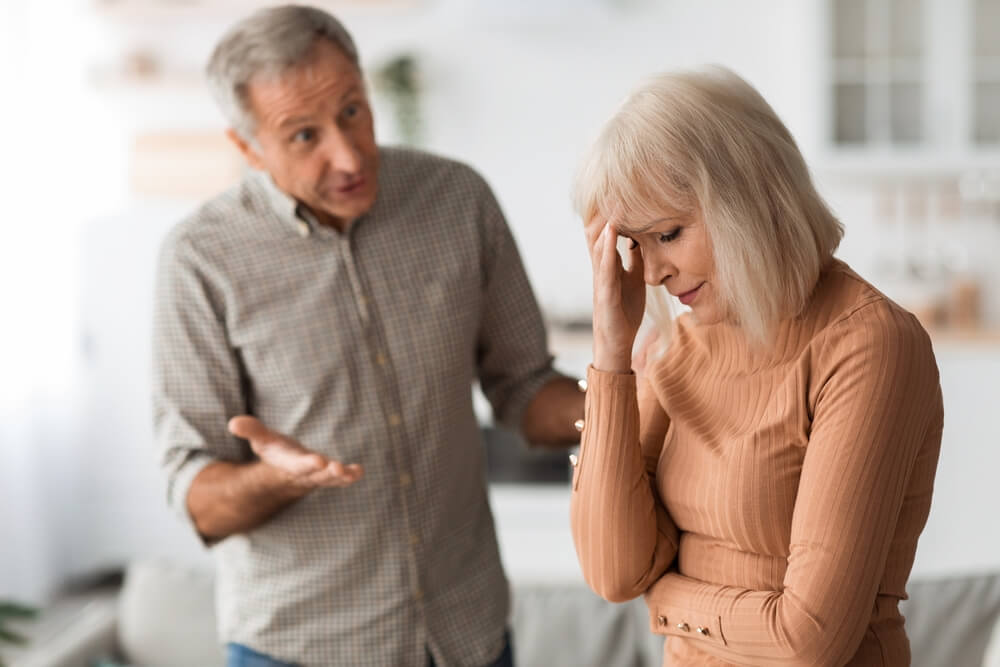
Many women find an emotional connection to be crucial for establishing sexual intimacy as well. This is precisely why problems that can put a strain on a romantic relationship can also result in lower libido in women. These could be trust issues, poor communication, unresolved conflicts, lack of understanding, etc.
Treatment for HSDD
Since sexual desire in women can be affected by physical, hormonal, and emotional factors, the treatment for HSDD will have to take everything into account in order to work properly. Managing the underlying conditions that have led to lower libido is a good starting point.
Aside from treating the underlying conditions, psychotherapy may also be necessary, especially if the issue with sexual desire stems from some unresolved conflicts and/or emotional trauma from the woman’s past. Also, some couples could benefit from sex therapy sessions.
One of the main nonhormonal meds that are used specifically to treat hypoactive sexual desire disorder (in premenopausal women) is flibanserin, sold as Addyi.
Some other drugs might be recommended for off-label HSDD treatment, such as testosterone, used to restore the hormonal balance in peri and postmenopausal women. An antidepressant called bupropion could be prescribed to help with sexual arousal as well. If anxiety is found to be the main issue, the buspirone drug is often recommended to boost sexual interest.
Experiencing low sex drive can be very frustrating, but that’s precisely why it’s perfectly normal to seek help. There’s nothing to be embarrassed about when you want to improve the quality of your life. Don’t hesitate to reach out to us at Fern TaiSenChoy-Bent, MD, LLC if you have any worries and/or questions about your health.


